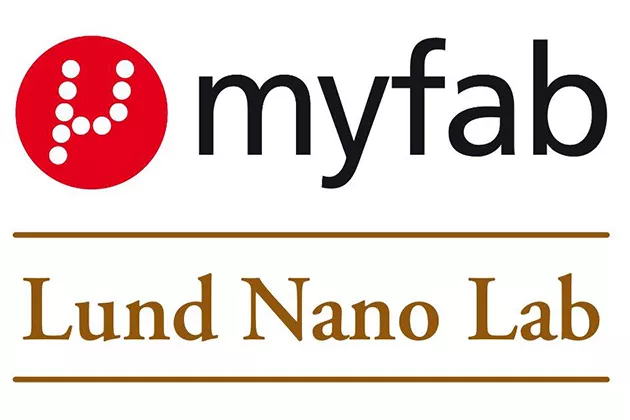
Welcome to an information meeting about Lund Nano Lab (LNL) – what is it, what does it offer and how can you access it? We will also tell you about the plans and process of building the new Nano Lab at Science Village, a cutting-edge semiconductor nanofabrication facility near MAX IV and ESS.
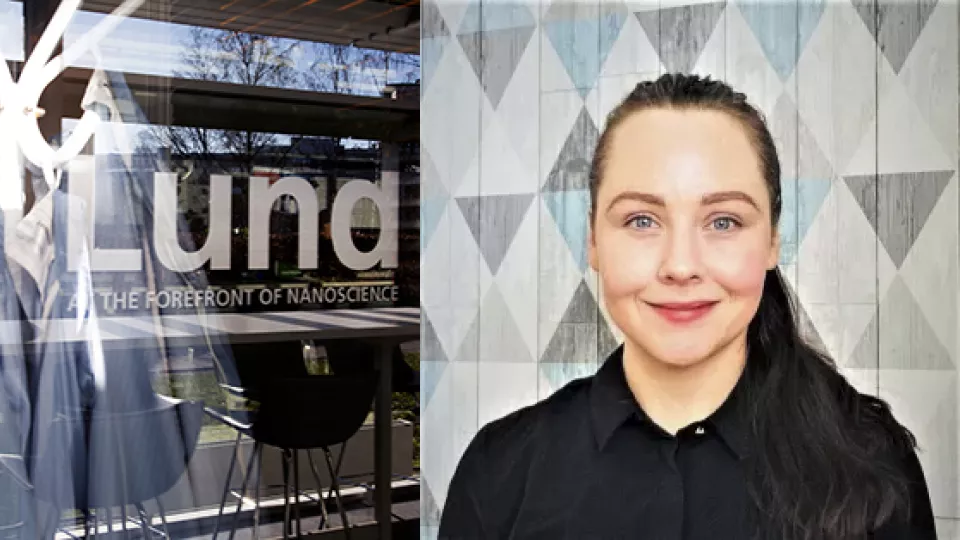
Sarah McKibbin gets funding for "Greening" Myfab Lund
Optimise lab routines, minimise unnecessary consumption of lab consumables, recycle when possible, and improve user behaviour. That’s some of the improvements that can make the Lund Nano Lab greener, according to the project that Sarah McKibbin gets funding for, from the Lund University Sustainability Fund.
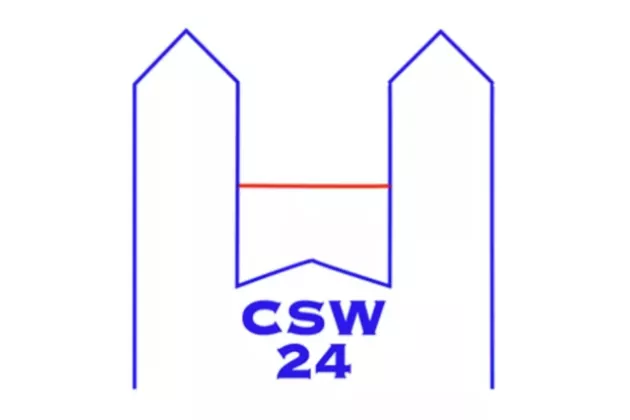
Compound Semiconductor Week (CSW) is the premier conference in the field of science, technology, and applications of compound semiconductors, and it will be arranged in Lund on 3–6 June 2024.
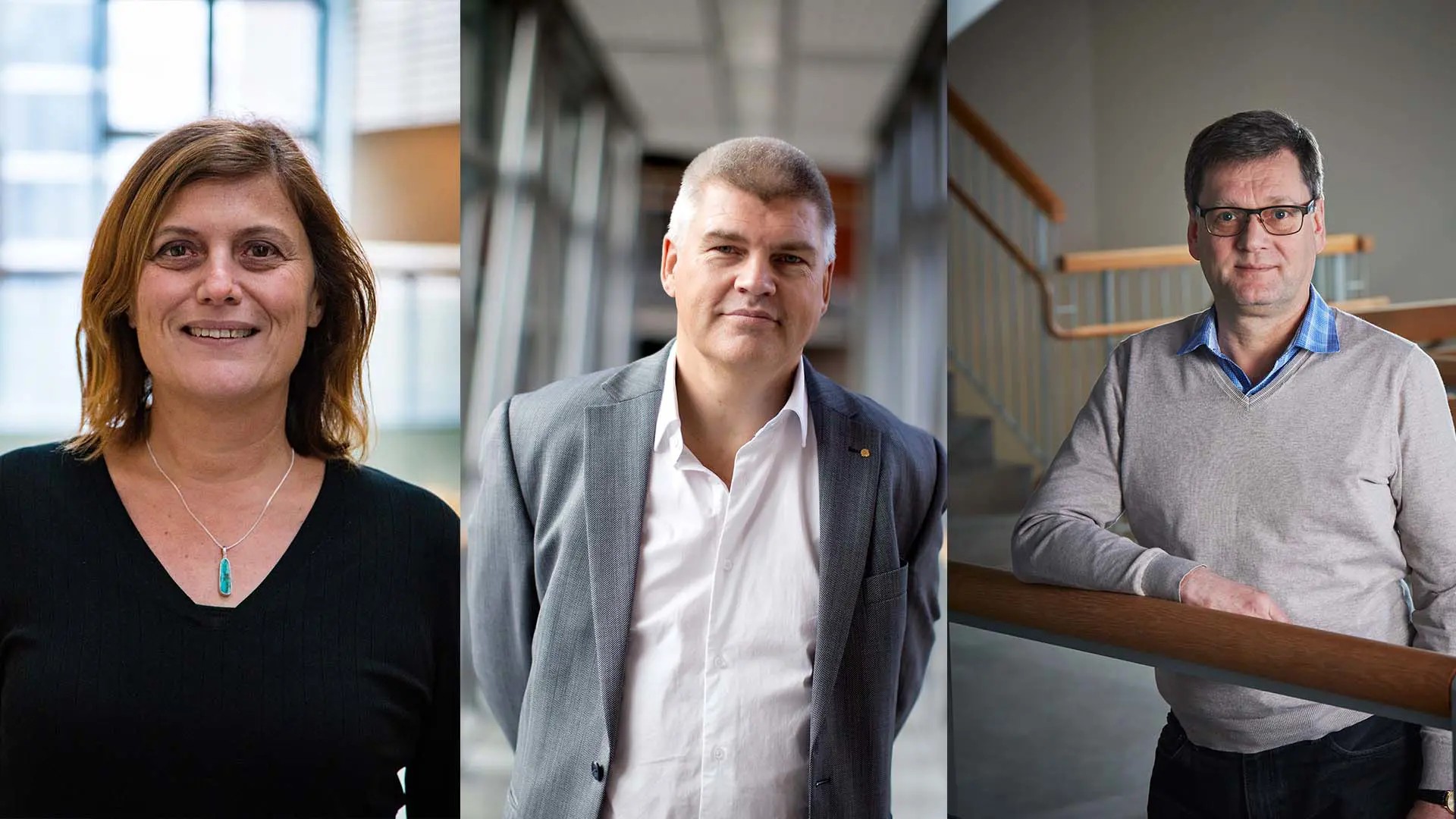
Floriana Lombardi, Peter Andrekson and Per Delsing, all active at MC2, are three of the eleven Chalmers researchers who will be appointed Wallenberg Scholars in 2024. With the grants from the Knut and Alice Wallenberg Foundation, they may now push the borders of knowledge in high-temperature superconductors, space communication and qubits with longer coherence times.
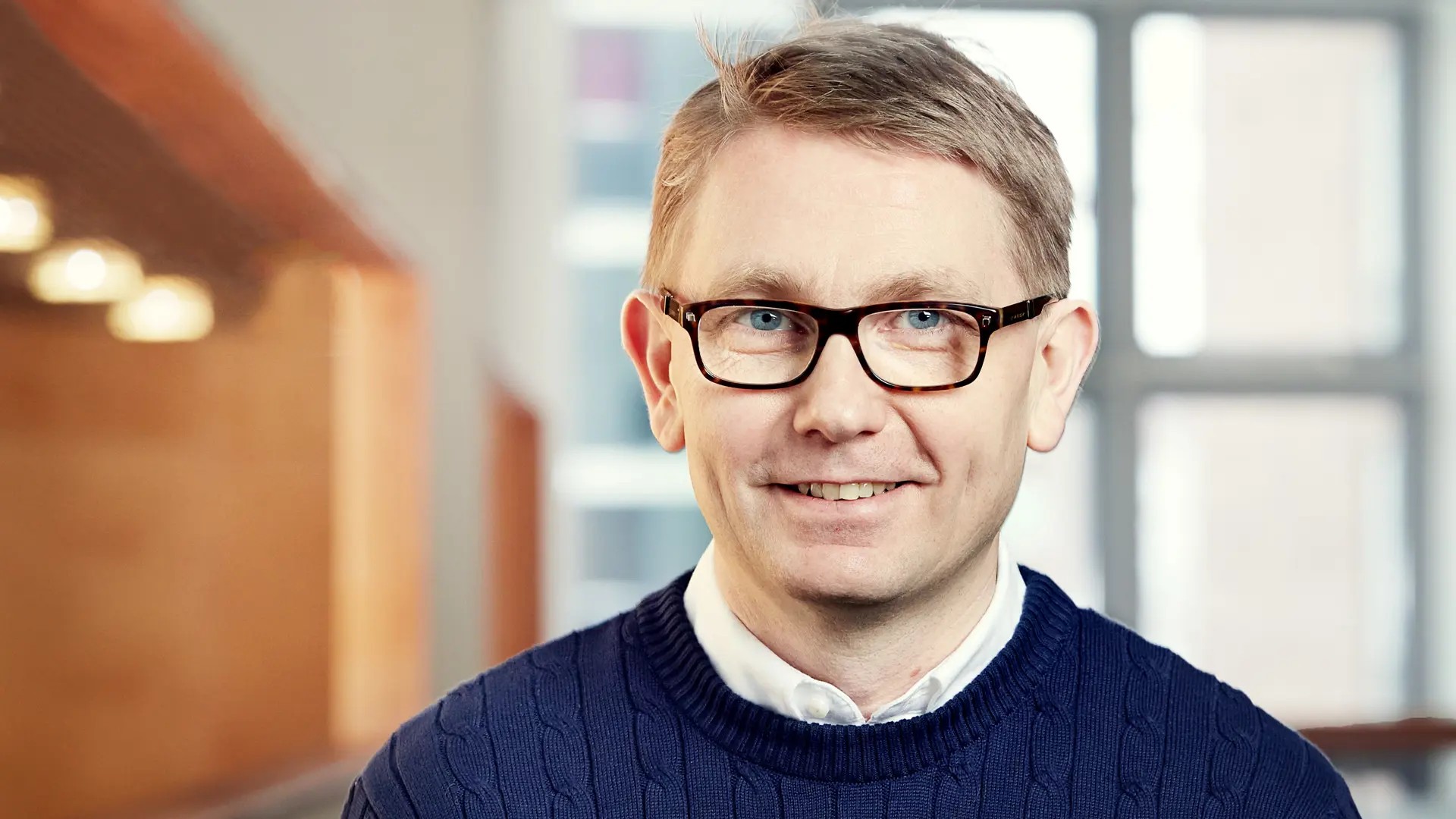
Three researchers from Swedish universities were awarded the prestigious ERC Advanced grant for research in Physical Sciences and Engineering. One of these is Jan Stake, Professor of Terahertz Electronics at the Department of Microtechnology and Nanoscience. As the only researcher from Chalmers to be given the grant, he now receives approximately SEK 28 million for his research project in semiconductor technology.
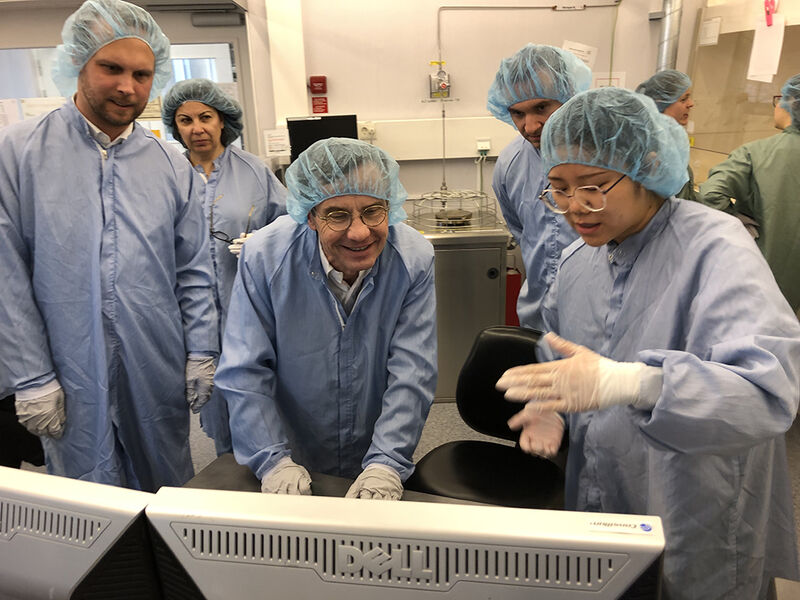
Prime Minister Ulf Kristersson visited NanoLund for a tour of the nano lab, discussions on how to make science, technology, engineering, and maths education more popular, to learn more about semiconductors and the technology behind them.
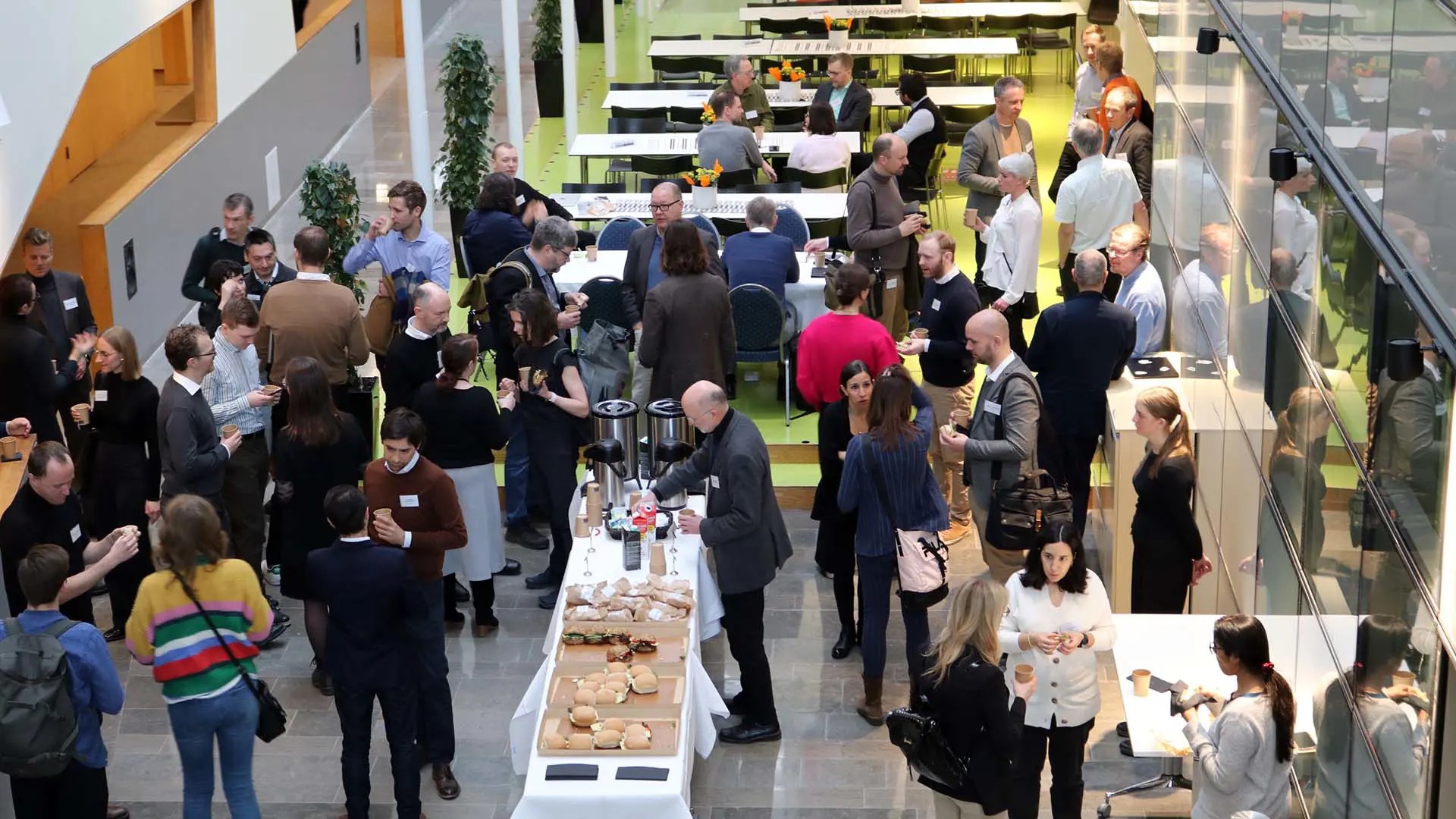
An impressive number of actors from the industry attended WACQT's workshop to learn more about how the center’s quantum research is now being put to concrete use in an increasing number of areas. “It is good for us to see all the work that is going on within WACQT and to be updated on the progress, but also to understand which use cases that others in the industry are working on and which could be relevant to us as well,” says Maria Stranne from SKF, one of many curious business representatives present.
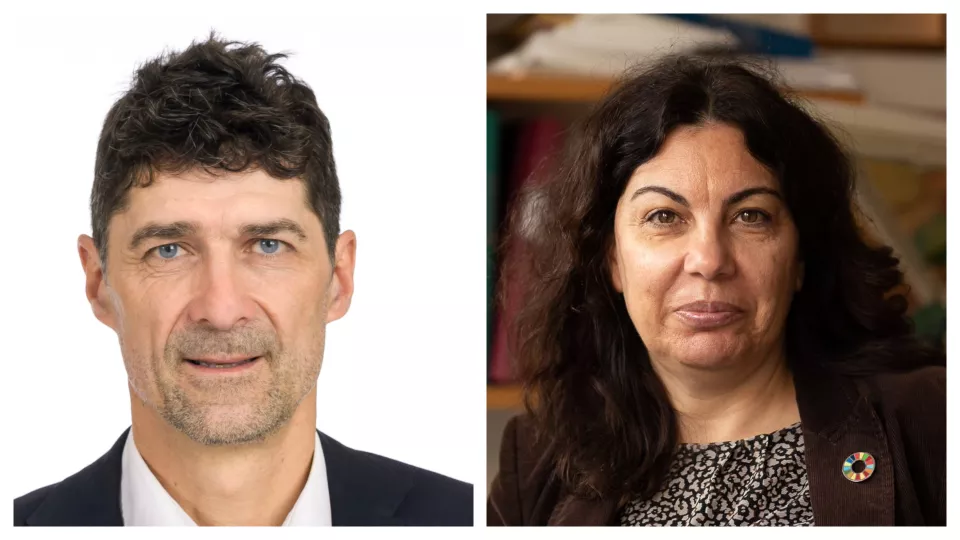
Vanya Darakchieva, Professor of Semiconductor Materials, and Heiner Linke, Professor of Nanophysics, have been named Wallenberg Scholars, a programme funded by the Knut and Alice Wallenberg Foundation that supports excellent basic research, primarily in medicine, technology, and natural sciences. In addition, three current Wallenberg Scholars in our research environment receive grants: Anne L’Huillier, Kimberly Dick Thelander, and Stephanie Reimann.
The five-year grant amounts to SEK 18 million each for researchers in theoretical subjects and up to SEK 20 million each for experimental subjects. As Nobel Prize laureate, Anne L’Huillier receives a grant of SEK 40 million.
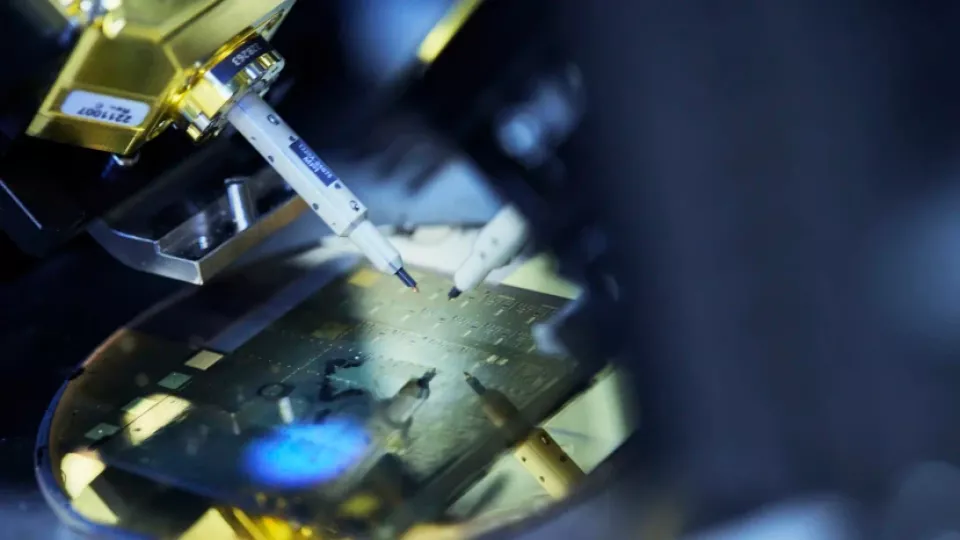
Semiconductors – the “brains” behind electronic products and systems. Whether mobile phones, automotive, energy, home appliances, or artificial intelligence, these components (“chips”) play a key role. At the same time, Asian countries account for more than half of the world’s semiconductor chip production. Swedish semiconductor capability is now to be strengthened by Lund University together with Chalmers and KTH
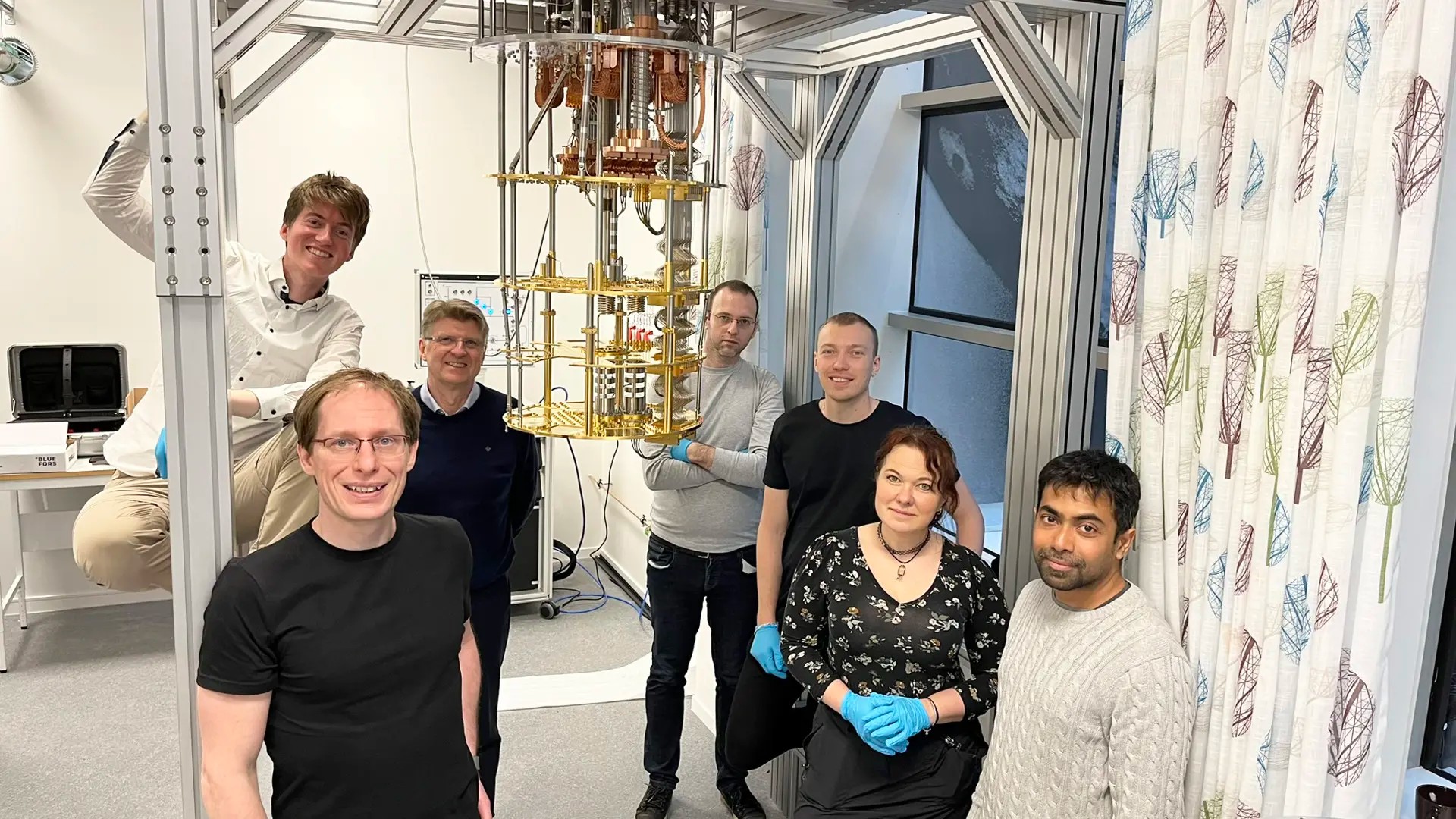
Chalmers Next Labs announces the opening of the Quantum Testbed, offering support with quantum technologies, for WACQT partners and researchers. The testbed will offer access to state of the art resources for both quantum hardware and quantum software testing. Following the agreement signed with IBM in January 2024, IBM’s top-of-the-line quantum computers are now also made accessible to WACQT collaborators.
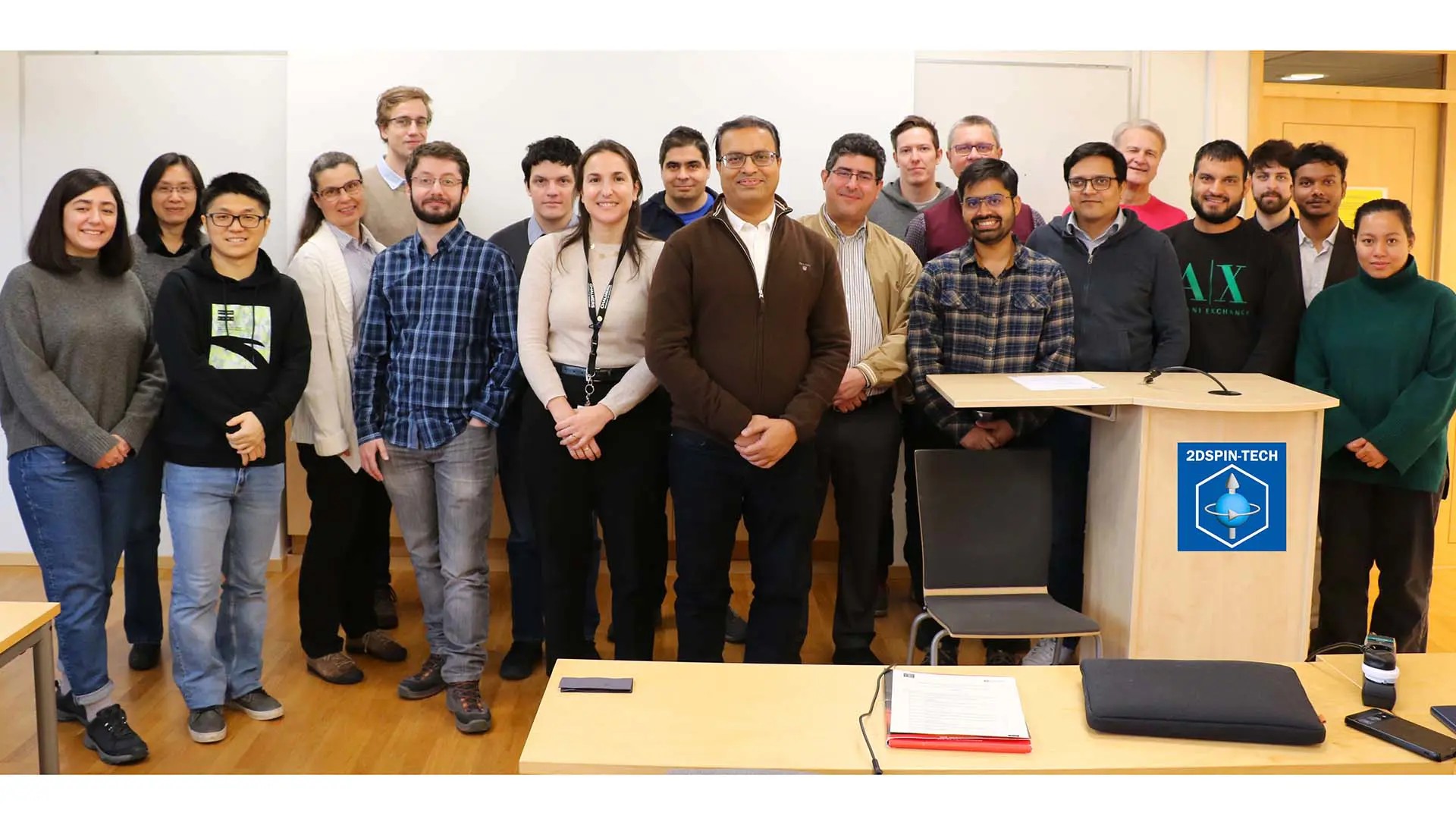
By harnessing the features of several new two-dimensional quantum materials, researchers within the EU project 2DSPIN-TECH wish to pave the way for significantly faster and more energy-efficient computer memories. “This is crucial for the future use of information technology," says Saroj Dash, coordinator of 2DSPIN-TECH.

Uppsala University is the new world record holder for electrical energy generation from CIGS solar cells. The new world record is 23.64 per cent efficiency. The measurement was made by an independent institute and the results are published in the journal Nature Energy.